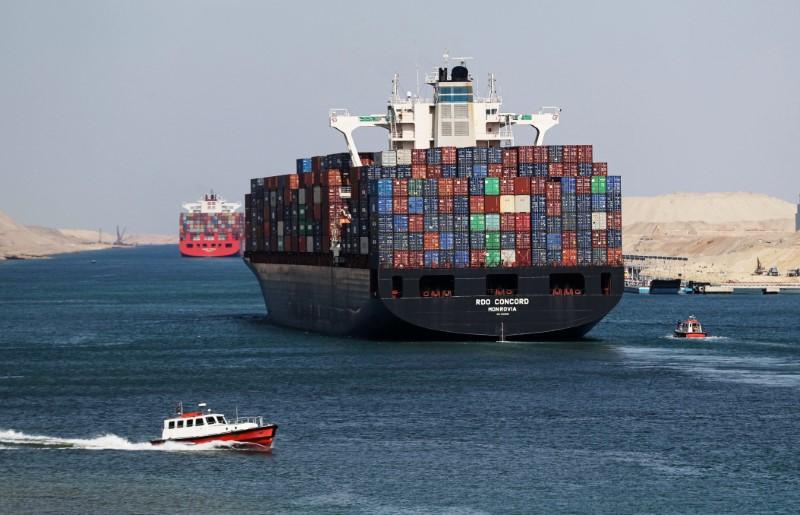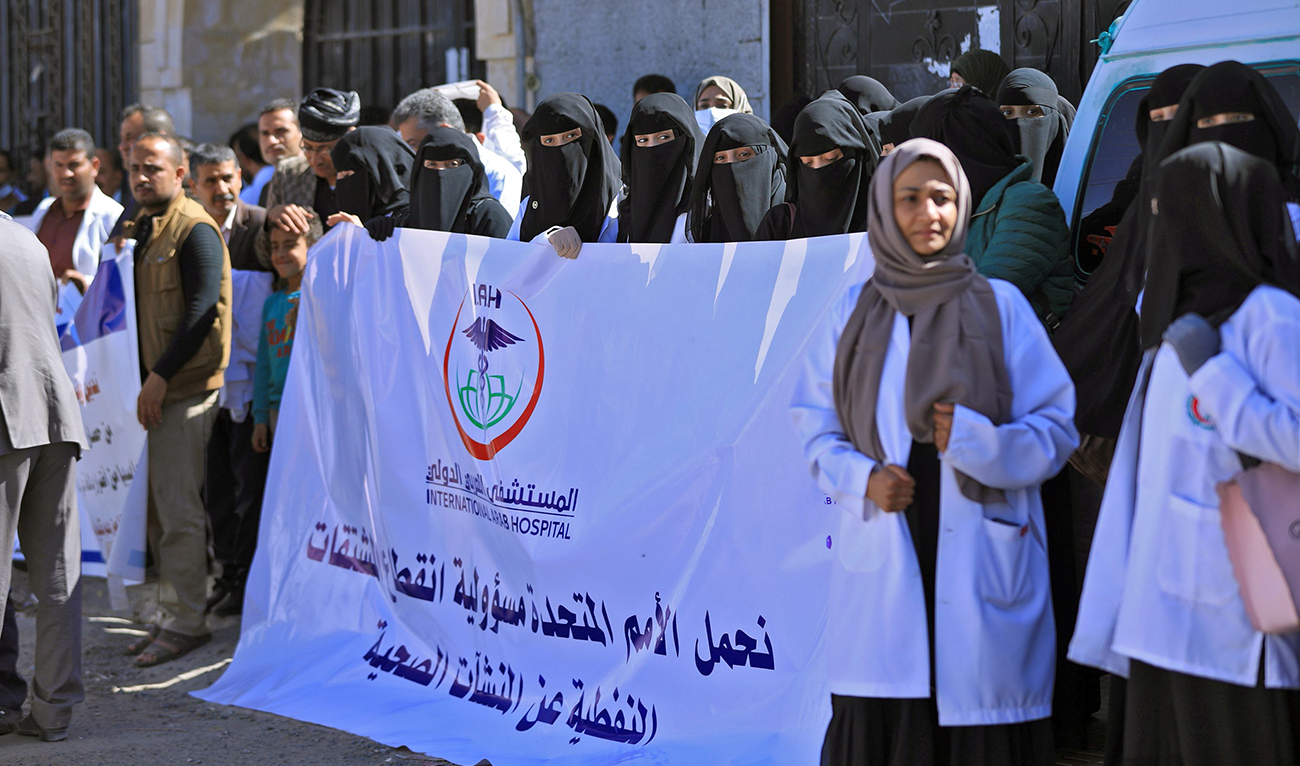ANKARA: Turkey had its first official contact with the administration of US President Joe Biden on Tuesday with a phone call between the top advisors of the two countries.
Turkish President Recep Tayyip Erdogan’s top foreign policy adviser, Ibrahim Kalin, and US National Security Adviser Jake Sullivan, discussed the latest developments in Syria, Libya, the eastern Mediterranean, Cyprus, and Nagorno-Karabakh.
Many voices in Washington are questioning the alliance between the two countries following Ankara’s purchase of a Russian missile defense system in 2019.
Turkey’s S-400 system was installed last year, and Erdogan recently committed to proceed with talks for the procurement of a second batch of the missiles from Moscow despite the US opposition.
“We’re not in a position to (have to) ask for permission from the Biden administration,” he said.
The White House said in a statement that Sullivan expressed “concern that Turkey’s acquisition of the Russian S-400 surface-to-air missile system undermines alliance cohesion and effectiveness.”
But Ozgur Unluhisarcikli, the Ankara office director of the German Marshall Fund think tank, thinks that Washington is not considering a grand bargain or reset with Turkey.
“What the press release suggests is continuing cooperation on issues on which the two allies agree, resolving what disagreements can be resolved, but most importantly managing disagreements effectively, rather than just agreeing to disagree in a casual manner,” he told Arab News.
“While disagreements on secondary issues are easier to manage, disagreements on issues that are related to the core of the treaty alliance between Turkey and the US are a different case,” he said.
The conversation between Sullivan and Kalin came a week after another statement from the White House described China and Turkey as a mutual concern for both Washington and the EU, with whom the latter shares an eastern border.
Last December, Washington imposed sanctions on Ankara — including a ban on issuing export licences — over the S-400 acquisition, having already removed its NATO ally from the F-35 fighter jet program, despite several parts of the aircraft being manufactured in Turkey.
The US considers the presence of S-400 missiles on Turkish soil a serious threat to NATO’s broader defense systems and the operation of F-35s, although Ankara claims the missiles will not be integrated into the alliance’s defenses.
“The US attitude is that the ball is in Turkey’s court on the S-400. The sanctions were a warning meant to convey that the US will go further but does not want to do so,” Max Hoffman, a Turkey analyst from the Washington-based Center for American Progress, told Arab News.
Turkish concessions, including not buying more weapons systems and not fully activating the current array, were essential to avoid further escalation, he added.
“It will be hard for Erdogan to back down, but it’s a situation of his own making — the US consistently warned of the consequences,” Hoffman said.
In a recent interview to Deutsche Welle on Jan. 26, James Jeffrey, former US special envoy for Syria, said he did not anticipate any improvement in US-Turkey ties under Biden. He said Ankara failed to seize the “opportunities” on offer during the administration of former US President Donald Trump, failing to make any move to reach compromises.
“We have delayed the S-400 sanctions, we have later again delayed them, and then delayed them once again … Well, did we manage to move forward? Of course not. This is the inheritance the Biden team has taken over,” Jeffrey said.
Antony Blinken, US secretary of state, recently referred to Turkey as a “so-called strategic” partner, hinting at challenging times ahead for bilateral relations.
“The new US administration sees Turkey’s ownership of S-400 systems as a problem related to alliance cohesion,” Unluhisarcikli said.
“Apparently, there is willingness on both sides to prevent the relationship from rolling over the cliff and improving it if possible, and what they need to do now is agree on a general framework of the relationship, including on how they will manage their disagreements,” he added.
The US sanctions received bipartisan support from the US Congress in December, and marked the first time the Countering America’s Adversaries Through Sanctions Act (CAATSA) was used against a NATO ally.
The disagreement over the S-400s is likely to rank among the top challenges in relations unless Ankara takes a step back.
According to Hoffman, by promoting the S-400s so actively in the Turkish press, Erdogan has made it more difficult to compromise at home, particularly among nationalist voters.
Given that the F-35 ejection was a more significant punitive step than the CAATSA sanctions, and yet did not seem to change Erdogan’s mind, Hoffman is not optimistic about any future compromise.
“The tradeoff of the F-35 against the S-400 does not make sense in rational, realist foreign policy terms, pointing to the importance of domestic political and ideological concerns in Erdogan’s calculus,” he said.




